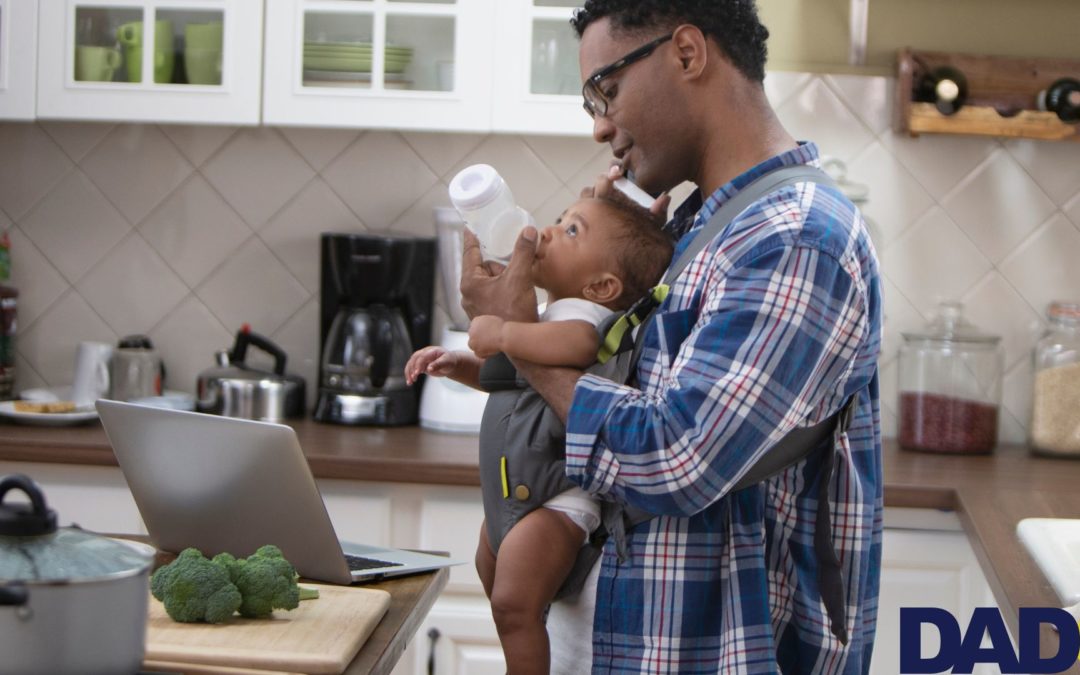When families go through separation, parents can feel very confused about who has ‘rights’ in regards to their children. DAD.info discusses the ‘rights’ to custody and if a father has automatic parental responsibility.
In reality, if a parent has ‘parental responsibility’ for a child, they do have rights and responsibilities for that child. In addition to this the parent who holds the role of being the main carer for a child also has day-to-day responsibilities and rights for them.
Do mums automatically have the ‘right’ to custody of children?
In short, no.
Historically, a piece of English law dating from 1839 means that custody of children under the age of 8, often went to their mothers, and in 1873, this was extended to children up to the age of 16 [1].
Modern family law is built upon the principles of equal rights, and so there should be no such bias now towards one parent over the other, however, there are those who feel that the personal bias and attitudes of those who work within the legal and care system still favours mothers, and can influence legal decision making even where legally it should not.
In western society, there are stereotypes about women being more empathetic, organised, hardworking and caring, while men can be seen as the lesser parent and that one of their primary functions and roles within the family is about income and ‘providing’ financially, over parenting.
It is common for children to live with their mothers rather than their fathers following a break up, but this is not a specific ‘right’ to mothers – these kind of living arrangements are ones which each family need to make based on what feels right in their own individual circumstances.
Parental Rights and responsibility
All women who give birth to a child have automatic parental responsibility for that child.
For fathers to have parental responsibility, they must have been married to the mother of the child, or, be listed on the birth certificate (there are a couple of exceptions to this).
If a father does not have automatic parental responsibility, he can apply for it on gov.uk.
Parental responsibility means that you have a right to influence any major life decisions about your children, whether they live with you or not, which includes schooling, religion, medical decisions, where they live, etc.
Everyday decisions
Decisions about the everyday things, lie with the parent which they live with and do not have to be made in consultation with the other parent, regardless of whether they have parental responsibility or not.
References
[1] Custody rights and domestic violence, Parliament.UK. http://www.parliament.uk/about/living-heritage/transformingsociety/private-lives/relationships/overview/custodyrights/ (accessed 13 March 2017)







